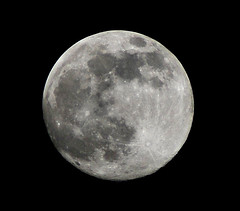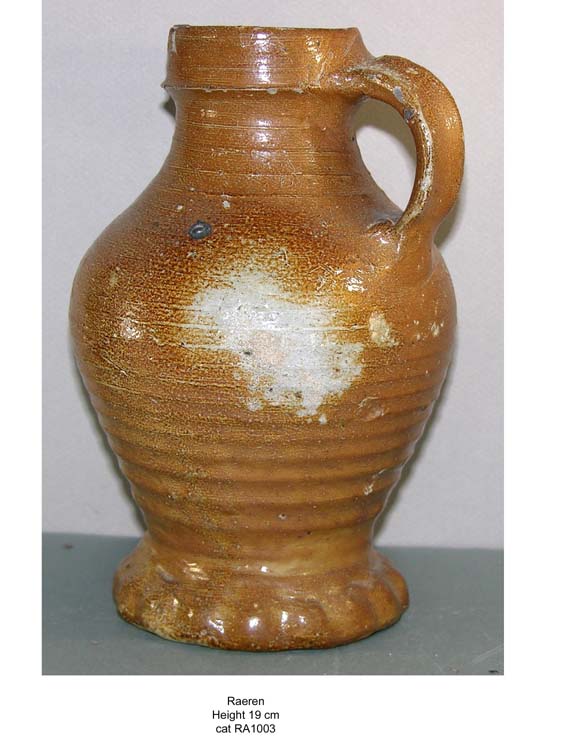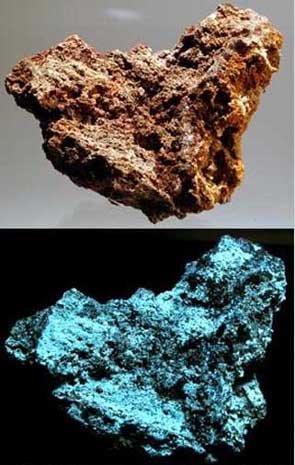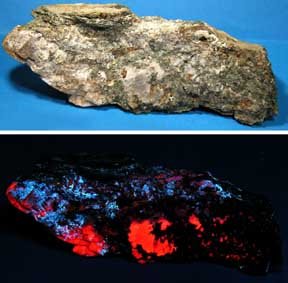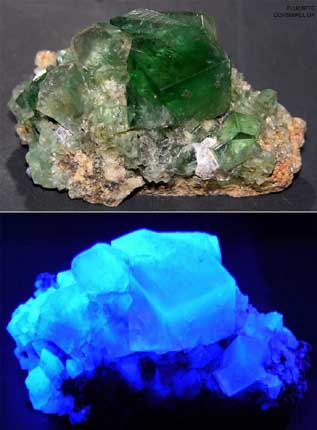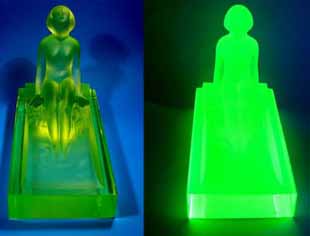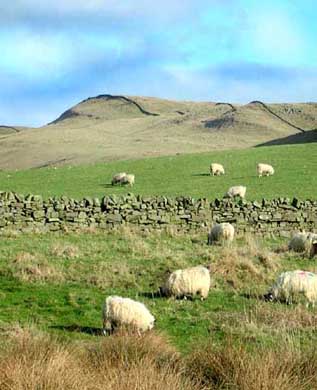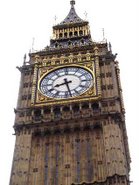Martin Luther King
The Reverend Martin Luther King was assassinated on April 4, 1968. That was forty one years ago.
Since then we have seen America take a very negative and destructive pathway. It became socially and politically incorrect to discriminate against negroes or use negative or pejorative words to describe them. So the racists and right wing folks took another tactic. During the Ronald Reagan  administration the war on drugs began in earnest. Except the police and the courts didn't go after white middle class suburban drug dealers hardly at all; it was intentionally designed as a way to suppress black black people, disinfranchise them, and keep them in check. To make sure they "know their place."
administration the war on drugs began in earnest. Except the police and the courts didn't go after white middle class suburban drug dealers hardly at all; it was intentionally designed as a way to suppress black black people, disinfranchise them, and keep them in check. To make sure they "know their place."
America began imprisoning large numbers of black men for non-violent crimes like marijuana possession. The USA has 5% of the world's population and 25% of the world's prison inmates. One in 100 Americans are behind bars, but 1 in 9 African American men aged 20 to 34 are behind bars. Yet according to government statistics illegal drug use is no higher in the black community than among whites.
The most recent Bill Moyers show on PBS dealt with Martin Luther King and this issue.
Today in communities of color across America, large majorities of African American men have been branded criminals, felons for life. And as a result, many are denied the right to vote, automatically excluded from juries, and legally discriminated against in employment, housing, access to public education-- public benefits. Many of the forms of discrimination we thought we left behind in the Jim Crow Era are legal again, once you've been branded a criminal.
-
Bryan Stevenson pointed out that these are not inevitable policies:
-
We didn't have to incarcerate people for 10, 20, 30, 40 years for simple possession of marijuana, for drug use. We didn't have to do that. We made choices around that. And now the consequences are devastating. I think they're not only devastating from a political perspective, but — I think this is the way I think it relates to Jim Crow, as well — it's also been devastating within communities of color. Right now, for black men in the United States, there's a 32 percent chance you're going to jail or prison. In poor communities and minority communities, urban communities, rural communities, it could be 60 percent or 70 percent. You're born, you're a ten-year-old kid. There's a 70 percent chance that you're going to go to jail and prison. What does that do to you?
-
This show is shattering to the idea that black people in general have made great strides since the civil rights era. There have been a few notable famous people who have done well like Barack Obama, but the average working class black person feels as helpless now as they did in the late 1950s. Maybe even worse.
“A time comes when silence is betrayal.” - Martin Luther King
If you didn't get to watch this show, you can watch it via the web. This is really important; honest. Please take the time to watch this show.
-
LINK: http://www.pbs.org/moyers/journal/04022010/watch.html
.
.
.
.
.
.
.
.


